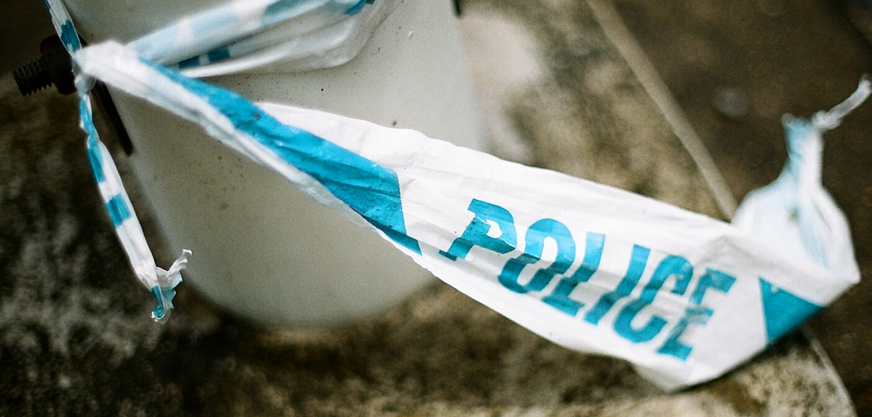|
Proving legal liability or negligence in an auto claims case is often challenging. Many accident cases involve multiple aspects that must be sorted through and verified as much as possible by each car insurance company involved.
So, what can you do to bolster your case to an insurer?
How to Prove Fault in An Auto AccidentIt's tough to think rationally after an accident, especially one that involves injuries or extensive car damage; but, the more you stay focused and act wisely, the better off you'll be when trying to prove a claim.
Provide Accident DetailsWhen dealing with auto insurance providers, give a detailed account of the accident. That includes accident-related matters like the: - Time
- Date
- Weather conditions
- Roadway conditions
- Witness contacts
Provide as complete a recollection of the details of the accident as you can, including the seconds leading up to the accident. It's also smart to submit a diagram of how the accident occurred.
 While at the accident scene, if possible, snap some pictures with a regular or cell phone camera of the scene (including any skid marks), as well as all cars involved. Many insurance experts recommend storing a disposable camera in your glove compartment just for these moments; that's especially true with the rise of fraudulent accident claims.
If the other driver was breaking the law or distracted, be sure to include that in your report. Of course, it's best to have evidence to support this, such as the testimony of eyewitnesses. Witnesses can easily tip the balance in your favor.
Remember, in cases when it's your word against the other driver, the side that presents the most compelling argument usually wins. And, a detailed report provides a solid foundation for a strong argument.
Provide a Police ReportMany times, though, you won't have the luxury of witnesses to reinforce your account of the accident. That's when a police report can be handy. But, review the report for accuracy before submitting it to an insurance company. If you feel the report contains some errors or omissions, contact the police officer who wrote it, and respectfully express your concerns.
And, yes, you should always call the police after an accident and have them file a report―even if it's a minor accident.
Split LiabilitySometimes in accidents when there's clear-cut evidence and no liability on your part, the insurer representing the other driver may assert you were partially to blame for the accident. If successful, this will reduce the amount of your insurance award, and save the carrier some money.
Keep in mind that many accidents do involve split liability; however, if you're confident the accident was completely caused by the other driver, stand your ground. Again, the more evidence you have in your favor, the tougher you'll make for the insurer to dispute your assertion.
Hire a Liability LawyerWhat happens if your have rock-solid evidence but the insurer refuses to pay on a claim? Or, maybe you don't have a lot to back up your story, but you know you weren't at fault for the accident?
In these cases, consider consulting with an attorney, particularly one experienced with car accidents and dealing with auto insurance companies. Many lawyers offer a free consultation. If you take advantage of this, you'll be able to get some feedback from a legal professional about the strength of your claim and the wisdom of contesting the insurer's actions.
Additionally, some liability attorneys only collect their fees if you're successful.
|